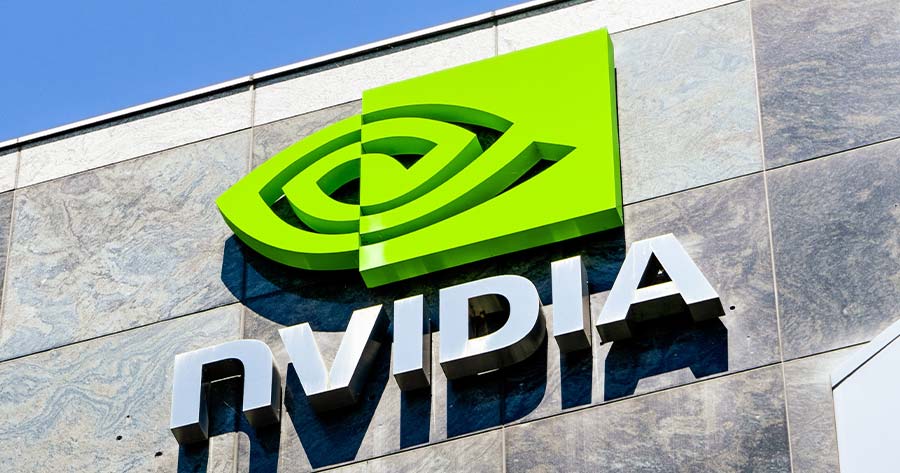Nvidia has reached a historic milestone, becoming the first company to achieve a $5 trillion market capitalization. This comes merely three months after the semiconductor giant crossed the $4 trillion threshold in early July, reflecting the meteoric rise in demand for its chips powering artificial intelligence (AI) applications.
The company’s stock closed at $207.04 on Wednesday, up about 3%, pushing its total valuation to $5.03 trillion. This rapid ascent has outstripped the economic output of countries such as India, Japan, and the United Kingdom, according to data from the International Monetary Fund.
Nvidia’s swift growth is fueled by a surging need for GPUs—chips initially designed for video gaming but now considered indispensable for training advanced AI systems, including programs like ChatGPT and generative image tools. As AI chatbots proliferate across industries, technology firms are vying to secure Nvidia’s cutting-edge processors to stay competitive.
On Tuesday, Nvidia CEO Jensen Huang highlighted new chip orders worth $500 billion and announced major initiatives, including a $1 billion investment in Nokia for 6G development and a strategic partnership with Uber on autonomous taxis. The chipmaker is also collaborating with the U.S. Department of Energy to construct seven new AI supercomputers.
Last month, Nvidia further expanded its reach, investing $100 billion in OpenAI to build additional AI datacenters, significantly ramping up infrastructure for future chatbot models.
Political developments are also affecting Nvidia’s trajectory. In August, Huang entered talks with the Trump administration to explore a new chip specifically for the Chinese market. The U.S. President Donald Trump, who is attending this week’s APEC summit and has called Huang an “incredible guy,” confirmed plans to discuss Nvidia’s chips during a scheduled meeting with China’s Xi Jinping.
The Trump administration has played a pivotal role in Nvidia’s expansion, lifting export controls on certain chip sales to China in exchange for concessions, while the U.S. government has taken a notable minority stake in rival chipmaker Intel. More recently, Nvidia committed $5 billion to Intel as part of a collaborative push in the semiconductor sector.
Despite the market euphoria, concerns are mounting over the sustainability of this boom. The Bank of England and the head of the International Monetary Fund have both cautioned in recent weeks about the potential for an overinflated AI-driven tech stock market.
Nonetheless, Huang has pushed back against warnings of an imminent “AI bubble,” arguing that chatbots, once viewed as mere curiosities, are maturing into highly profitable tools.





